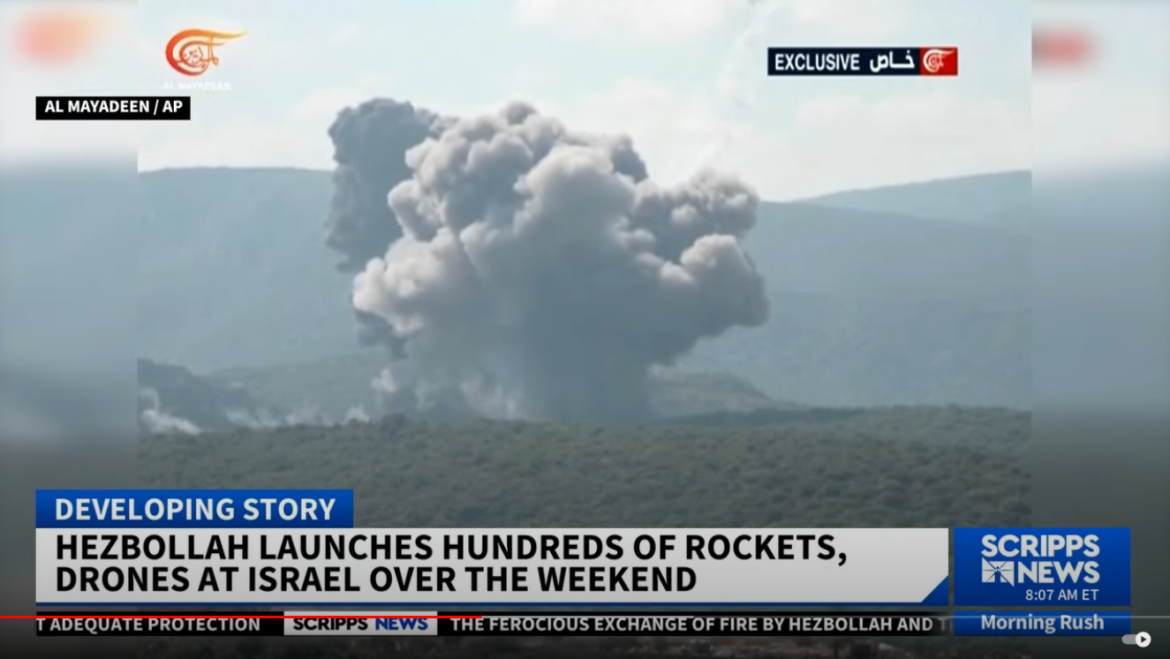The ongoing conflict between Israel and Hamas has led to a mass evacuation in Gaza, displacing 90% of its residents, according to the United Nations. The widespread evacuations have resulted in a humanitarian crisis, with civilians caught in the crossfire and facing dire conditions. A top U.N. official expressed grave concern on social media platform X, warning that the evacuation orders are putting countless lives at risk as the conflict intensifies.
The mass displacement comes in the wake of the Israel-Hamas war that erupted last year, leading to unprecedented levels of violence and suffering in the region. As the war dragged on, the situation in Gaza deteriorated, forcing hundreds of thousands of people to flee their homes in search of safety. The U.N. and other international organizations have been working to provide aid and shelter to the displaced, but the scale of the crisis has overwhelmed available resources.
This week, ceasefire talks have resumed, mediated by the United States, Egypt, and Qatar. However, the fragile negotiations face significant challenges as tensions remain high, and trust between the conflicting parties is in short supply. The international community is closely monitoring the situation, hoping that a ceasefire agreement can be reached to prevent further escalation and additional loss of life.
Meanwhile, Israeli Prime Minister Benjamin Netanyahu has issued a stark warning to Hezbollah and Iran, declaring that “this is not the end of the story” following a preemptive strike by Israel against Hezbollah forces. The strike was aimed at thwarting what Israeli intelligence described as a massive and potentially devastating attack on northern and central Israel, including Tel Aviv. According to Israeli officials, the planned assault involved thousands of missiles and drones that could have led to a catastrophic death toll and potentially drawn the region into a wider war.
Netanyahu’s message to Hezbollah and Iran underscores the gravity of the situation, with Israel signaling its readiness to take further military action if necessary. The preemptive strike has reportedly weakened Hezbollah, but the potential for retaliatory attacks remains a significant concern for Israeli security forces and civilians alike.
In Jerusalem, Chuck Holton reports on the heightened state of alert in Israel and the ongoing threats posed by Hezbollah. The recent Israeli strike has disrupted Hezbollah’s plans, but experts warn that the militant group may still have the capacity to launch attacks against Israel. The people of Lebanon, many of whom have suffered under Hezbollah’s influence, are watching the developments with a mix of fear and apprehension, uncertain of what the future holds.
The conflict has also left 70,000 Israelis displaced from their homes due to the threat of Hezbollah attacks. These displaced Israelis face an uncertain future as the situation remains volatile, with no clear end in sight to the hostilities.
In the midst of this conflict, domestic issues in the United States have also been brought to the forefront. Pro-life leaders have sharply criticized former President Donald Trump following his recent statements on reproductive rights. The criticism comes amid ongoing debates over abortion and reproductive health, with pro-life advocates voicing concern over what they see as a lack of accountability for those targeting pro-life facilities and churches.
As the world watches the events unfold in the Middle East, individuals are also grappling with personal challenges, such as how to navigate a cancer diagnosis. Experts advise that taking proactive steps, including seeking second opinions, understanding treatment options, and maintaining a support network, can significantly improve one’s chances of fighting the disease.
The situation in Gaza and Israel continues to evolve, with the potential for both diplomatic breakthroughs and further violence. The coming days and weeks will be critical in determining whether peace can be achieved or if the region will descend into even greater turmoil.



